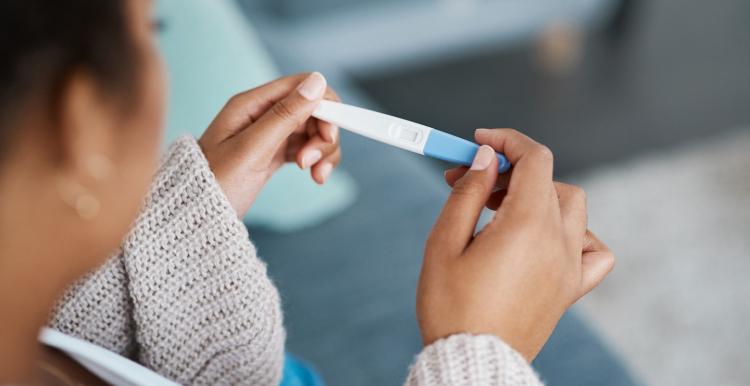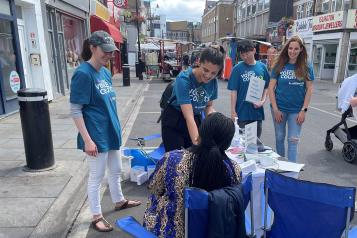North Central London Fertility Services Review

What are fertility services?
Fertility services are available on the NHS to help people with fertility problems have a baby. IVF (In vitro fertilisation) is an example of one such treatment.
Our position
Healthwatch Islington was not able to carry out extensive community engagement for this consultation. However, we met with commissioners and made the following recommendations:
- We called for any policy developed to adhere to the guidance that had been produced by the National Institute for Health and Care Excellence.
- We also called for the consultation to consider the needs of ethnic minority residents, and LGBTQ+ communities, as part of the Equality Impact Assessment.
We understand that data was not readily available on equity of access across protected groups, but we encourage monitoring of uptake (and gaps in uptake), as well as wider, more inclusive promotion of the policy and these services.
Geographical consistency across North Central London
Historically there have been inconsistencies in the fertility services offered across North Central London. We welcome North Central London Clinical Commissioning Group’s work to reduce this inconsistency and increase the support available to local residents, in line with NICE guidance.
We are really pleased to see that, by boroughs coming together, accessibility will be increased across the boroughs which were previously out of step with the guidance.
Equality of access
We recognise that the Clinical Commissioning Group has worked hard to reach out through both the pre-consultation stage, and consultation stage of introducing these changes. Because these changes create an overall improvement in access, and as fertility services are not something raised often with Healthwatch Islington, we have simply promoted the consultation to local residents and partners rather than done our own research into this area.
Commissioners have engaged key groups such as The LGBT Mummies Tribe and identified some potential unfairness in how LGBTQ+ residents access support. We feel that commissioners should take steps to address this point. We know that commissioners have found it harder to engage ethnic minority communities. Much of this engagement is often done through small community organisations that have been extremely busy with the vaccination effort and supporting residents with a huge range of wider socio-economic needs. We also imagine that many of their clients may not have been aware of these services, and so be less likely to engage in this consultation.
Low awareness of fertility services amongst minority ethnic communities
Healthwatch Islington asked Diverse Communities Health Voice partners about their clients’ experiences of fertility services at our January 2022 meeting.
- Partners reported that awareness of these services was low and that eligibility criteria were not clear for some of the clients they are working with.
- Partners themselves were not all aware of this treatment offer.
- Partners work across boroughs within London and sometimes outside of London and were aware that inconsistency in how this policy is applied in different areas of the country has caused confusion and distress.
The importance of effective monitoring
Going forward it will be important to promote the new policy widely and for commissioners to monitor which communities are accessing the treatment. We feel it’s important to monitor who is accessing this service across protected characteristics, as well as by practice. It’s possible that assumptions could be made about who may or may not be interested in these services. Monitoring uptake will help us understand whether any communities might be missing out on treatment.
In addition, we believe it is important for commissioners to monitor where referrals come from. Although we wouldn’t expect the same number of referrals from across GP practices, are all GP practices and GPs aware of the process for referring someone for fertility treatment? To address possible regional inconsistency, we will need to monitor referral routes and make sure all healthcare professionals are aware of this offer and who is eligible.
Promoting these treatments
- Clear information on the service and the eligibility criteria should be developed and shared with general practice and local community groups to ensure awareness of services is consistent across protected characteristics.
- We know that not all residents believe in fertility treatment, but NICE guidance allows it and there is a duty to make sure all services are accessible to all. Increasing awareness of treatment and creating consistency of access could increase uptake. We understand that NHS budgets are tight. Communications around services shouldn’t pit some against others.


